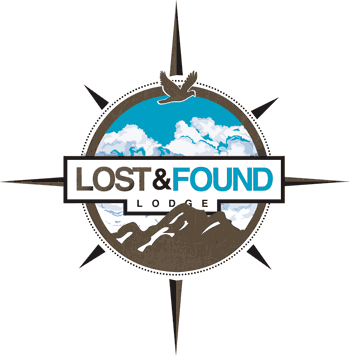In the shadowed corners of South America, a sinister threat lurks—an invisible predator that can strip away your will, your memory, your very autonomy. Known as scopolamine, or "Devil’s Breath," this insidious drug has been weaponized by criminals in Colombia and Ecuador, rendering victims pliable and compliant, often leading them into the clutches of robbery, assault, or worse. But as of now, Panama remains eerily untouched by this particular menace.
Scopolamine is a potent substance derived from plants like the Borrachero tree, native to South America. When administered, it can induce a zombie-like state in the victim, erasing memories and leaving them vulnerable to exploitation. Criminals have used it to orchestrate what are known as "million-dollar rides," where victims are coerced into withdrawing large sums of money from ATMs, all while under the drug's influence. These attacks often occur in crowded, bustling environments—bars, nightclubs, and public streets—where the victim's sudden disorientation goes unnoticed amidst the chaos.
The modus operandi is chillingly efficient. Criminals may offer a drink, a cigarette, or even a piece of gum laced with scopolamine. Once ingested, the victim's faculties begin to deteriorate: confusion sets in, memory fades, and compliance becomes inevitable. In some cases, the drug is administered through aerosols or on paper handouts, making detection nearly impossible. The victim, now a puppet to the will of the attacker, is led through a series of events—bank withdrawals, transfers, or worse—without any recollection of the ordeal.
While Colombia and Ecuador have borne the brunt of these attacks, with reports indicating thousands of incidents annually, Panama has, so far, been spared. There are no confirmed cases or official warnings regarding scopolamine-related crimes within the country. The U.S. Embassy has not issued any alerts for Panama, and local authorities have not reported such incidents.
However, this absence of scopolamine-related crimes in Panama should not be mistaken for immunity. The drug is known to be present in the region, and its potential for misuse remains a concern. The proximity of Panama to countries where scopolamine is used criminally increases the risk of it crossing borders. Moreover, the global nature of information sharing means that criminal methods can be disseminated rapidly, potentially introducing new threats to previously unaffected areas.
It's also worth noting that Panama has its own set of challenges. While scopolamine may not be prevalent, other forms of crime exist. Petty theft, scams, and opportunistic crimes can occur, particularly in tourist-heavy areas. Travel advisories often recommend vigilance in unfamiliar environments, especially when interacting with strangers or in isolated locations.
The absence of scopolamine-related crimes in Panama is a fortunate anomaly, not a guarantee of safety. Criminals are adaptable; what is not used today may be employed tomorrow. The key to protection lies in awareness and caution.
If you find yourself in Panama, exercise the same vigilance you would in any unfamiliar territory. Be cautious when accepting food or drinks from strangers. Avoid isolated areas, especially at night. Use reputable transportation services and stay in well-secured accommodations. Trust your instincts—if something feels off, it probably is.
In the end, while Panama may not yet be a hotspot for scopolamine attacks, the potential for such incidents exists. Remaining informed and cautious is the best defense against this invisible threat. After all, in a world where information—and danger—can travel faster than ever, preparedness is not just wise; it's essential.

